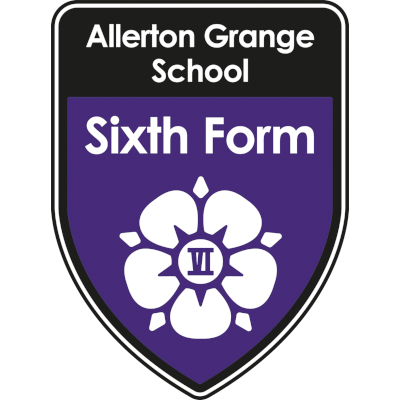Classical Civilisation
A-level Classical Civilisation allows you to study the culture, history, art and literature of Ancient Greece and Ancient Rome. It doesn’t matter if you haven’t studied Classics before; all you need is an interest in the ancient world. You will acquire a sophisticated level of knowledge and understanding of the culture and literature of the classical world through studying a range of ancient materials in its context. We will study the foundations of Western culture including the oldest surviving works of literature as well as exploring women in the ancient world, political corruption, religious beliefs and ancient acts of intolerance. Classical Civilisation involves interesting discussions that are directly relevant to today’s world.
Course content:
The World of the Hero: Homer’s Iliad and Virgil’s Aeneid
In this module we will read the epics of Homer and Virgil, with their heroes, gods and exciting narratives. We shall study the heroic world including the concept, values and behaviours of a hero as well as death and morality. We will also explore the social, cultural and religious context of the epics. In addition, when studying The Aeneid, we shall analyse its historical and political background.
Culture and the Arts: Imperial Image
The idea of a politician spinning their public image is one which is very familiar in our contemporary media. In this module we will explore how Augustus Caesar managed his public opinion and a propaganda campaign to become the first emperor of Rome. We shall examine the literature and art of the period as well as studying the social and political history of Augustus’ reign.
Beliefs and Ideas: Greek Religion
Religion was an essential part of Greek identity which permeated all aspects of society and daily life. We shall explore the nature of the Olympian gods, Greek mythology, mystery cults and oracles as well as places of worship and the link between politics and religion. We shall also explore the rise of philosophical thinking including Socrates’ ideas on the divine.
Future opportunities:
Classical Civilisation is a rich, multi-disciplinary subject that offers an exceptional foundation for a wide variety of university degrees, including History, Law, English Literature, Philosophy, and, of course, Classics itself. It combines elements of literature, history, philosophy, art, and politics—giving students a broad and versatile skillset.
Studying Classics develops your skills in evaluating and analysing evidence, constructing persuasive arguments, and to communicate with clarity and confidence. These are highly transferable skills that are valued by top universities and employers.
Thanks to its wide-ranging content, Classical Civilisation opens doors to diverse career paths. Classicists have gone on to become journalists, lawyers, barristers, civil servants, architects, and more. Famous classicists include Loki actor Tom Hiddleston, Taskmaster creator Alex Horne, and Coldplay’s frontman Chris Martin.
Students should have a minimum of 5 subjects at grade 4 (or above) including a grade 5 in English Language and a grade 4 in Maths, plus a grade 5 (or above) in Classical Studies OR a grade 5 (or above) in English Literature, History and Religious Studies, which will give a strong foundation for the exploration of classical texts.
You will follow the OCR specification and will sit your exams at the end of the two-year course.
The World of the Hero: Homer’s Iliad and Virgil’s Aeneid (100 marks - 40% of A-level)
Imperial Image in Ancient Rome (75 marks – 30% of A-level)
Greek Religion (75 marks – 30% of A-level)


